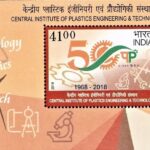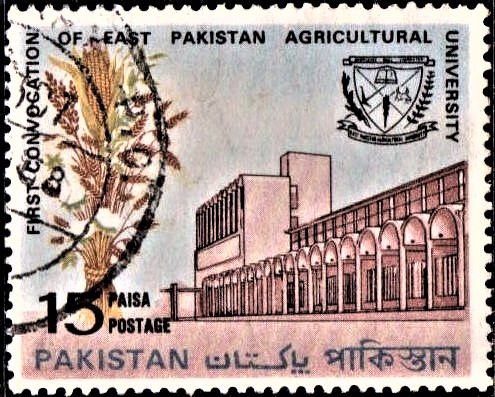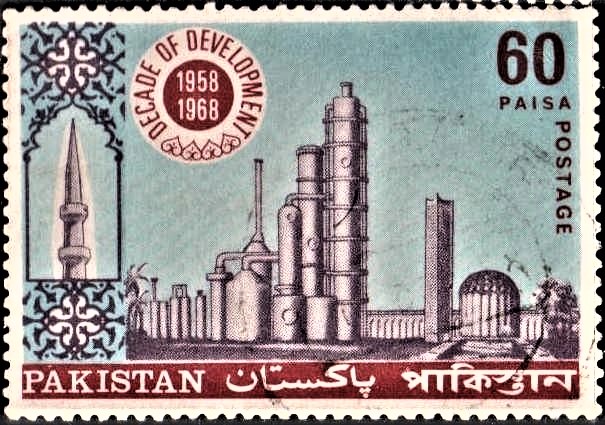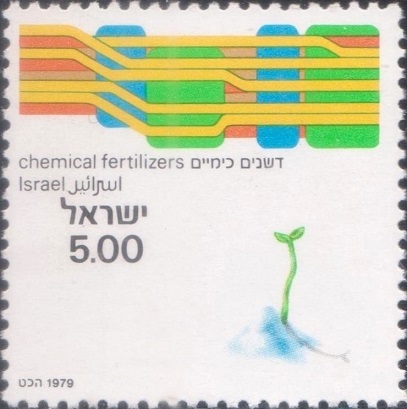
Technological Achievements in Israel
Complete set of 4 nos. of postage stamps on the Israeli Technological Achievements in Science & Technology : Water Desalination, Mechanized Agriculture, Fertilizers and Electronics :
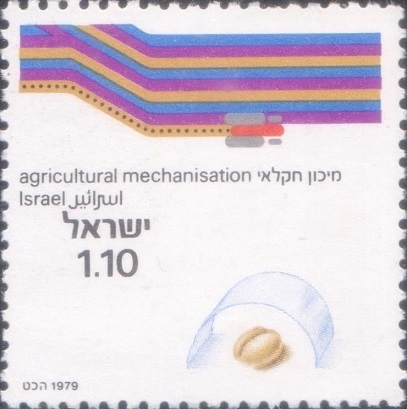
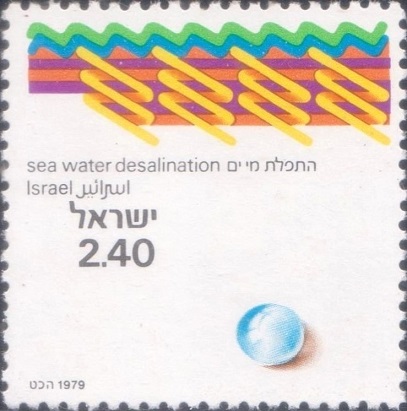
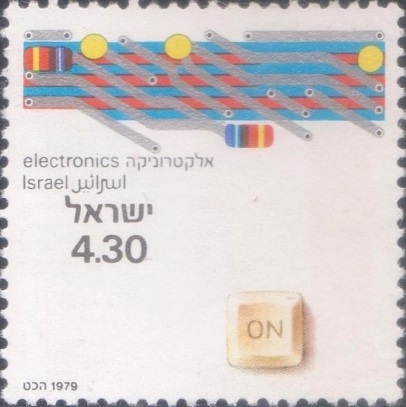
 Issued by Israel
Issued by Israel
Issued on 13 Feb, 1979
The Designer : The stamps were designed by A. Hecht, Tel Aviv
Type : Stamps, Mint Condition
Colour : Multi colour
Denomination : 1.10, 2.40, 4.30 & 5.00 Pound
About :
- Israel’s remarkable achievements in the field of science and technology are due, in no small part, to the encouragement of the country’s scientific infrastructure by its governments, and all branches of Israel’s economy have profited from this broad scientific and technological base. Considerable sums have been invested in research and development projects designed to help the country’s economy by increasing production, productivity and exports.
- There has been marked progress in those fields of technology of particular importance to the Israeli economy. Among these are the development of water resources, agricultural research and development, the development of a sophisticated fertilizer industry and the creation of an electronics industry catering to both civilian and military needs. Due to the availability of Israeli-trained scientific manpower, great strides have been made in all these branches.
- The present series of stamps illustrates several fields in which significant achievements based on original research and development have been achieved.
- Water desalination
- Israel exploits its present water resources to the full. Realisation of this situation has led to the development of technologies for desalination of sea-water as an additional source of drinking water – a field which is high on the list of national priorities. Two desalination processes were developed: vapour compression distillation and multi-stage distillation, developed in Israel at the beginning of the 60’s and used successfully for a number of years to supply water to several locations, including Elat. The Elat plant has served as the jumping-off point for the development of the larger installation to be incorporated in the new Ashdod Power Station within the Joint U.S.–Israel Desalination Project. This plant will have a capacity of 40,000 cubic meters a day. Considerable investments have been made in the field of water desalination and intensive research and development work is being carried on today. The main problems confronted today include the expenditure of energy involved, the need for more economical operating methods, corrosion, and more efficient heat exchange materials. Overcoming these problems will contribute greatly to reducing both the construction and maintenance costs of the installations. Israeli vapour compression distillation installations are also being exported successfully to many countries.
- Mechanized agriculture
- One of the important means of achieving Jewish settlement in Israel was the development of a modern agriculture. Agricultural research has contributed greatly to savings in manpower and the production of improved products by developing new methods and new machinery, and by finding the best ways of adapting existing equipment to local conditions. The results of research into the mechanization of agriculture have been applied to the sowing, irrigation, harvesting, packing and handling of agricultural products, thereby permitting the efficient moving, freezing and exporting of fruits and vegetables. Israel has also made a contribution to improving agricultural technology in other lands, and equipment designed and produced in Israel is exported to many countries.
- Fertilizers
- The development of Israel’s agriculture went hand-in-hand with the development of its fertilizer industry. Modern intensive agriculture can no longer make do with low-grade (mostly natural) fertilizers, and they have been replaced by concentrated chemical fertilizers. Research has helped to develop chemical fertilizers, considerable amounts of which are exported, based principally on the phosphate and potash found in the Negev and the Dead Sea. An Israeli development, potassium nitrate, is a unique product on world markets. The industry continues developing new products to meet the new sophisticated needs of local agriculture. As an example, the fertilizer industry is considering developing new products adapted to the requirements of crops needing micro-nutrients, such as magnesium, iron or zinc.
- Electronics
- Israel’s electronics is a fast growing branch of industry. This is a result of large-scale planned investment, research and development, and the existence of a base of highly-trained technological manpower.
- The industry produces a wide range of products such as communication systems, control systems, laboratory equipment, medical instruments and computers. The products of Israel’s electronics industry are of high quality and compete on world markets with the products of the industrial giants of Japan, Europe and the U.S.A. The industry’s exports based on local research and development are expected to reach $ 300 million by 1981.
- By building up scientific and technological capabilities, Israel is on its way to fulfil the dreams of its founders and becoming a science-based state. The infrastructure set up will permit the continued development of the economy, with a promise that this development will be balanced and accompanied by social progress and an improved quality of life. For the country to continue in this direction, it will have to face serious challenges such as the need to expand the resources devoted to industrial research and development, still relatively under-developed, and solve the problem of the lack of balance between the demand for scientists and engineers in the various branches of the economy and their current supply. Furthermore, continued technological growth is dependent upon the further development of the research and development infrastructure such as government research institutions, scientific and technological information systems, the encouragement of applied research and support for development projects. All of this will require considerable investment by government. These challenges compel the framers of national policy to draw-up a policy for science and technology at government level and to treat it as an integral part of national economic and social planning.
- Dr. A.B. & B.R.
Subscribe
Login
0 Comments
Oldest


